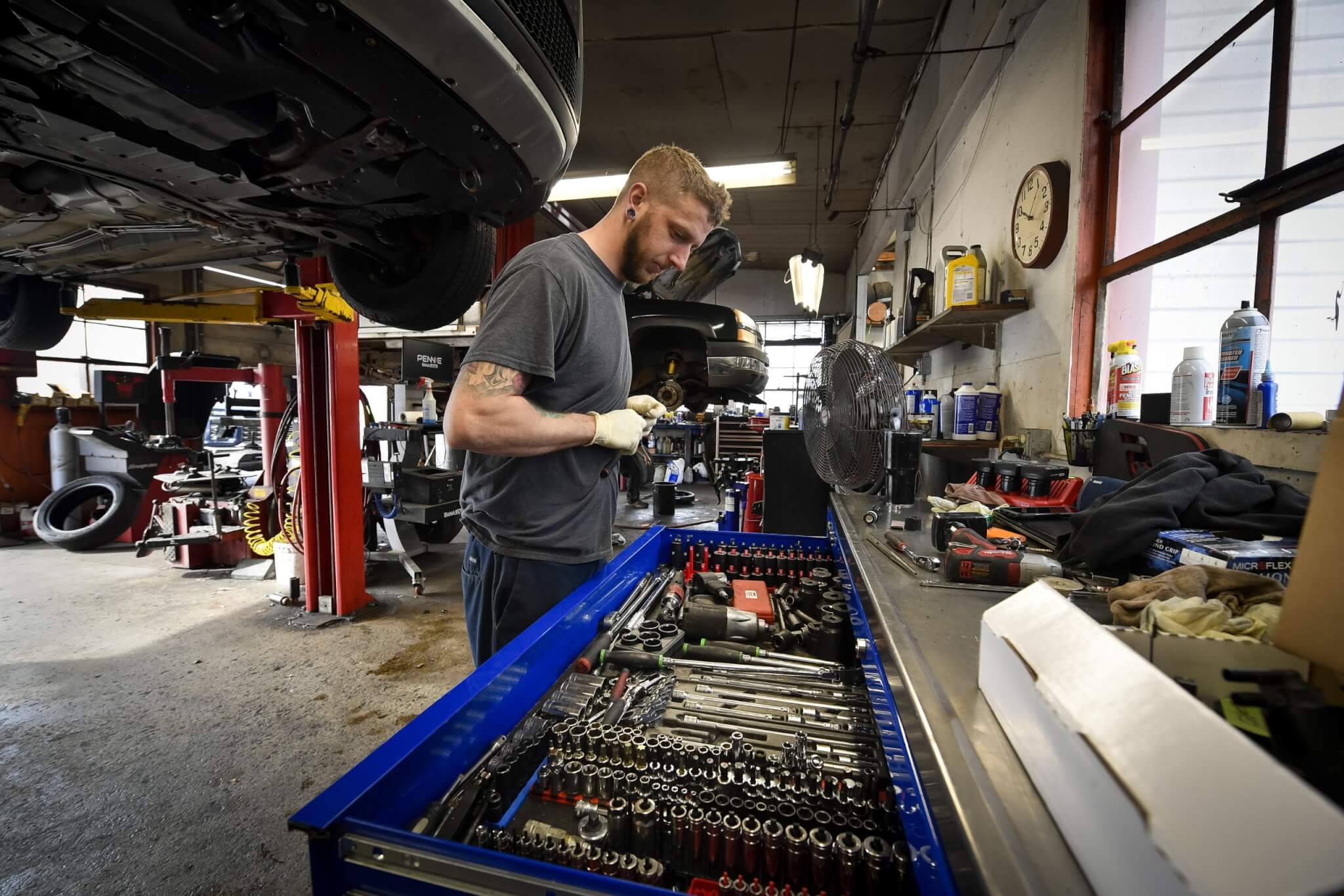All Categories
Featured

Your vehicle's engine is the heart of your automobile, and keeping it in leading problem is essential for optimum performance and longevity. Normal engine tune-ups are a terrific means to preserve your cars and truck's health, boost fuel efficiency, and prevent expensive repairs in the future. Whether you're an auto lover or a person that just wants to keep their lorry running efficiently, these engine tune-up ideas will certainly assist you obtain one of the most out of your cars and truck.
- Change Flicker Plugs. Ignition system play an essential duty in beginning your engine and making sure smooth burning. Over time, stimulate plugs can become unclean or broken, resulting in misfires, lowered gas effectiveness, and rough idling.
Throughout an engine tune-up, inspect and change your ignition system if essential. A lot of lorries call for new ignition system every 30,000 to 100,000 miles, relying on the kind. On a regular basis changing stimulate plugs makes certain correct ignition and optimal engine performance.
- Examine and Tidy the Air Filter. The air filter protects against dust, dust, and particles from entering your engine. A stopped up or filthy air filter limits airflow, causing your engine to work more difficult and shed more gas.
Check your air filter during a tune-up and change it if it's dirty. In dusty atmospheres or locations with hefty air pollution, you may need to alter the air filter much more regularly. A tidy air filter can boost fuel effectiveness and prolong the life of your engine.
- Check and Replace Belts and Hoses. Belts and pipes are important for numerous engine functions, such as powering the generator, water pump, and a/c system. Over time, these components can split, battle royal, or wear, possibly bring about breakdowns.
During a tune-up, check belts and tubes for indications of wear and change them if required. Changing these components proactively can save you from costly fixings and prevent unexpected failings.
- Tidy the Fuel System. Your fuel system, including the gas injectors and gas lines, can collect dirt and carbon deposits gradually, lowering engine efficiency. Cleaning the fuel system during a tune-up helps improve efficiency and fuel economy.
You can make use of a gas system cleaner or have a professional mechanic execute an extra detailed cleaning. This step is especially crucial for older automobiles or autos that frequently drive in stop-and-go website traffic.
- Examine the Battery and Charging System. A healthy and balanced battery is essential for starting your engine and powering electric elements. Throughout a tune-up, check the battery terminals for corrosion and guarantee the links are limited.
Check the battery's voltage and replace it if it reveals indicators of weakness. Additionally, have the alternator and billing system checked to ensure your battery remains billed throughout procedure.
- Adjustment the Engine Oil and Oil Filter. Oil modifications are a fundamental component of engine upkeep. Engine oil lubes moving components, decreases friction, and aids manage engine temperature level. With time, oil becomes contaminated and sheds its performance.
During a tune-up, change the engine oil and oil filter to keep your engine running efficiently. Follow your vehicle's producer referrals for oil type and modification periods.
- Evaluate the Cooling System. The cooling system avoids your engine from overheating. In time, coolant can weaken or come to be polluted, lowering its efficiency.
Inspect the coolant level and condition throughout a tune-up, and flush and replace it if required. Evaluate the radiator, water pump, and hoses for leakages or damage. A well-maintained air conditioning system helps your engine run at the appropriate temperature and avoids getting too hot.
- Test the Ignition System. A defective ignition system can trigger starting concerns and decreased engine efficiency. During a tune-up, evaluate the ignition coils, supplier cap, and blades (if appropriate) Change any kind of elements that show indicators of wear or damage to make sure smooth and reliable engine procedure.
- Pay Attention for Uncommon Sounds. Throughout a tune-up, seize the day to listen for any unusual engine sounds, such as knocking, ticking, or hissing. These noises can indicate underlying problems, such as shutoff troubles, loose components, or exhaust leakages. Attending to these issues early can prevent more comprehensive damages.
- Usage Quality Components and Fluids. When carrying out an engine tune-up, constantly utilize high-quality parts and fluids that satisfy your lorry maker's requirements. Inexpensive or wrong parts can compromise your engine's performance and integrity.
Final Thought: A Well-Tuned Engine is Key to Durability. Routine engine tune-ups are crucial for maintaining your vehicle's performance, effectiveness, and integrity. By changing used parts, cleaning up important systems, and resolving prospective problems, you can maintain your engine running smoothly for many years ahead. Whether you're doing it on your own or depending on a trusted technician, spending in tune-ups is a wise method to safeguard your automobile and appreciate a safer, smoother trip.
Latest Posts
Shop Affordable Pre-Owned Vehicles
Ceramic Tile Floor Covering Professionals - Floor Covering Orland Park Setup & Sales
High-end Plastic Flooring Solutions - Flooring Orland Park Professionals
More
Latest Posts
Shop Affordable Pre-Owned Vehicles
Ceramic Tile Floor Covering Professionals - Floor Covering Orland Park Setup & Sales
High-end Plastic Flooring Solutions - Flooring Orland Park Professionals